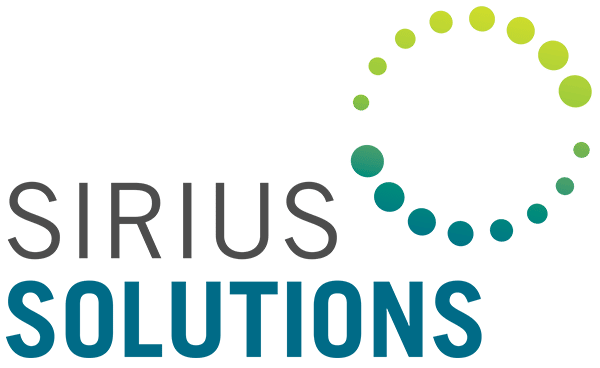Every company wants to be data driven. Not only because it sounds good but because data delivers great insights in all aspects of your business. That being said, the idea of how to get there is widely debated. Should you focus on building reports or deriving analytics?
In the 20th century, oil was the most valuable commodity. In this century, it’s data. With AI, people use data in ways that were simply not possible before, opening up new areas of research, business, and opportunity. Using data, AI is able to run predictive modeling
According to Gartner, RPA is on its way to mainstream – estimates say about 60% of companies with revenues greater than $1B have deployed RPA in some capacity. This number is expected to reach 85% by 2022. RPA spending currently stands at about $700M and RPA prices are expected to fall sharply.
